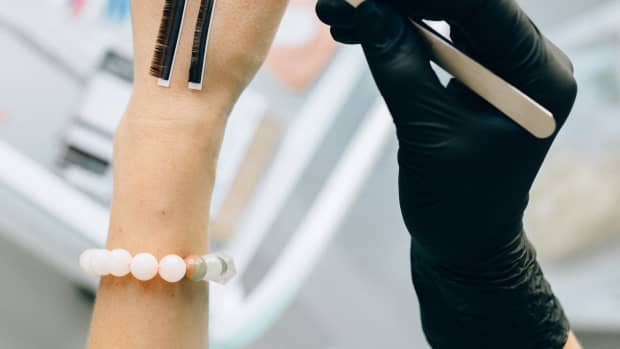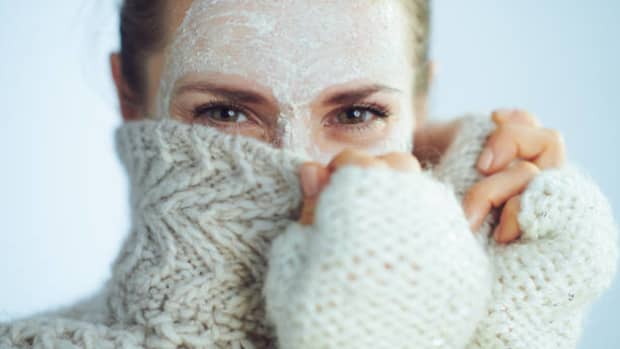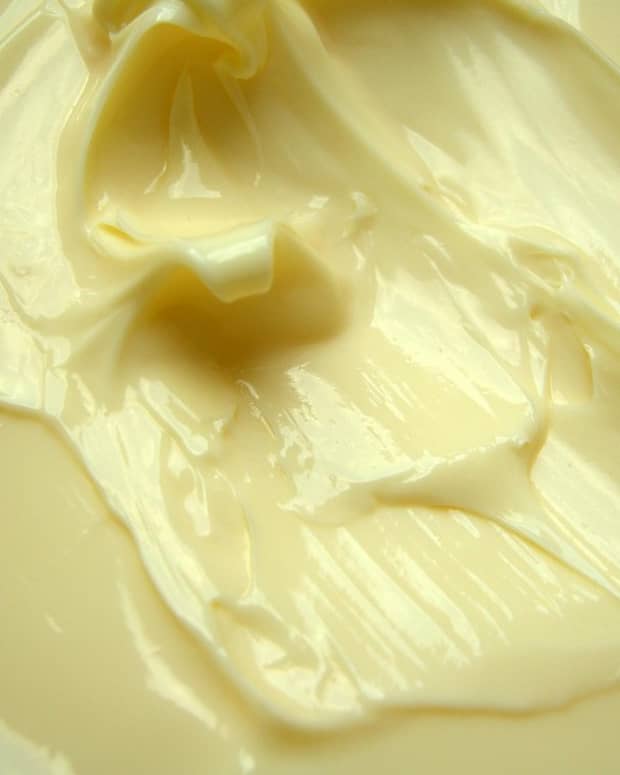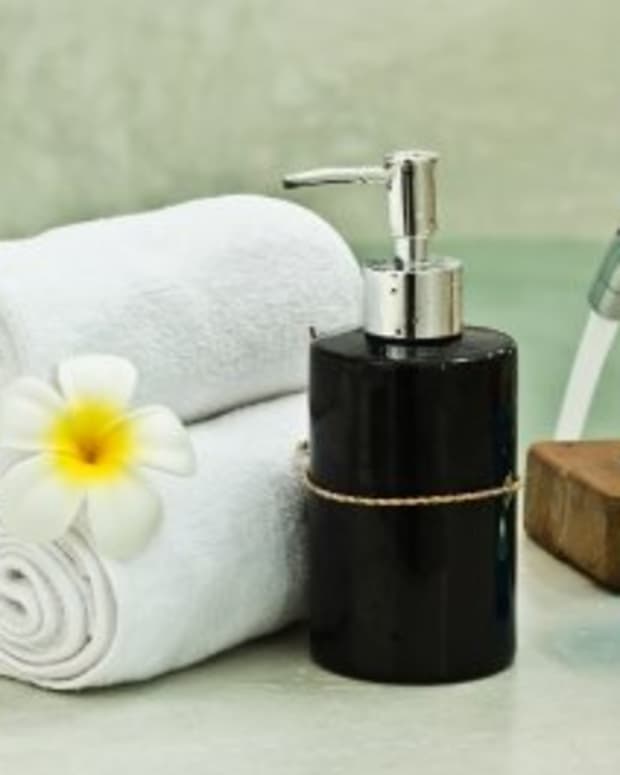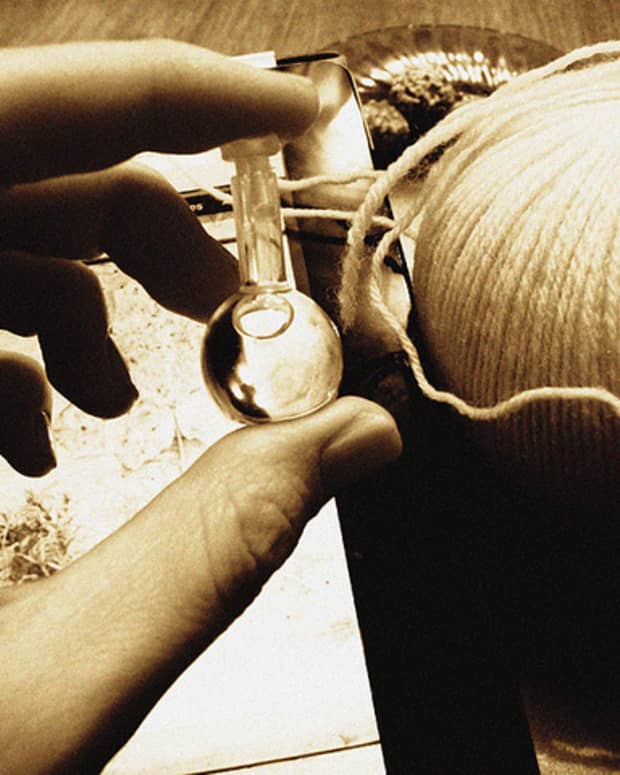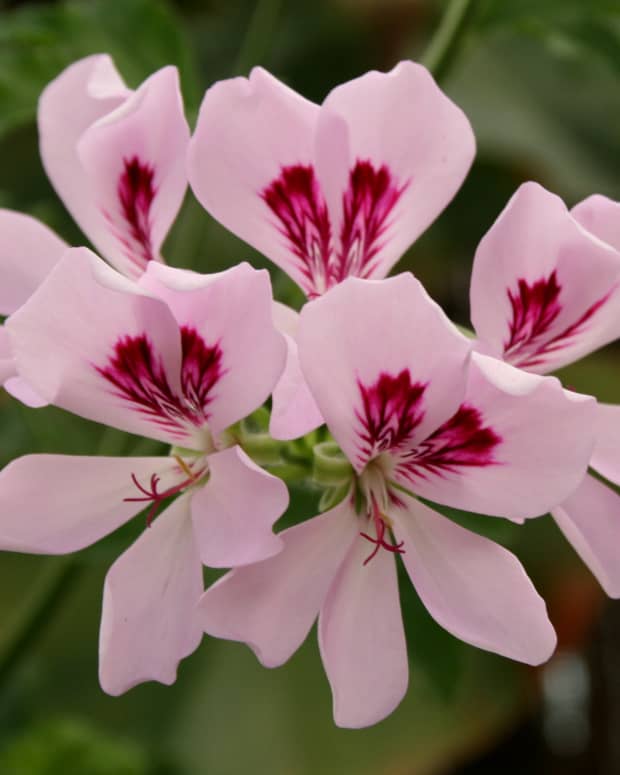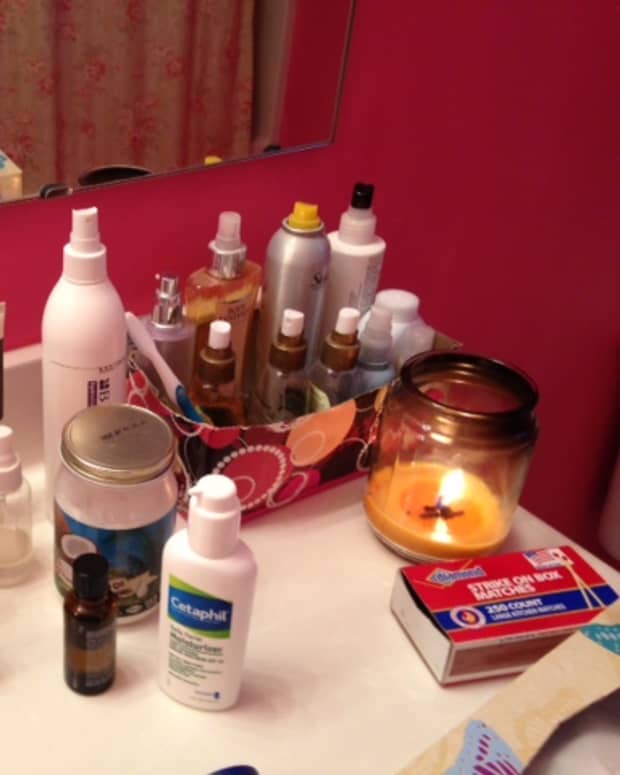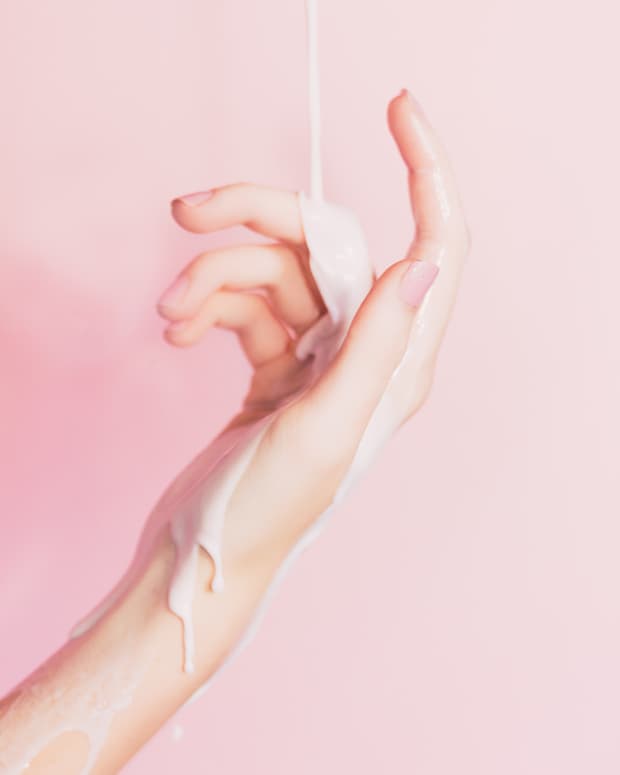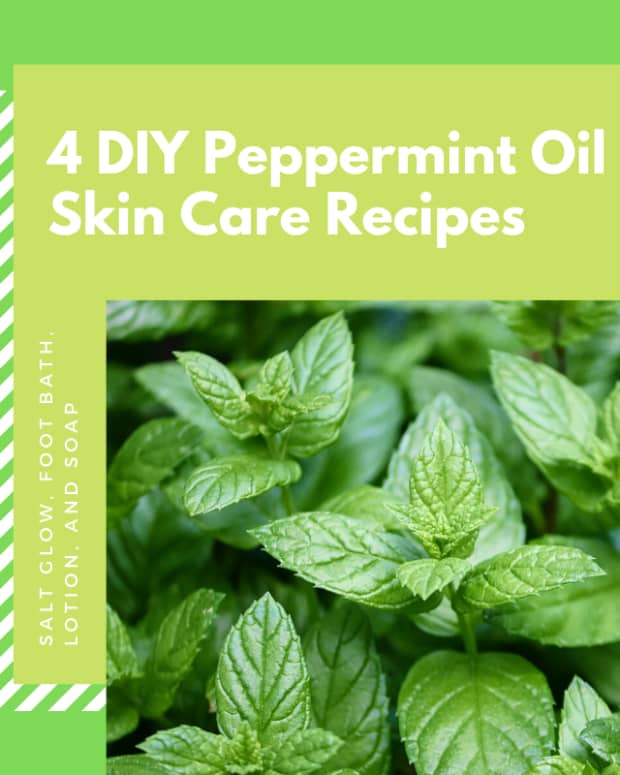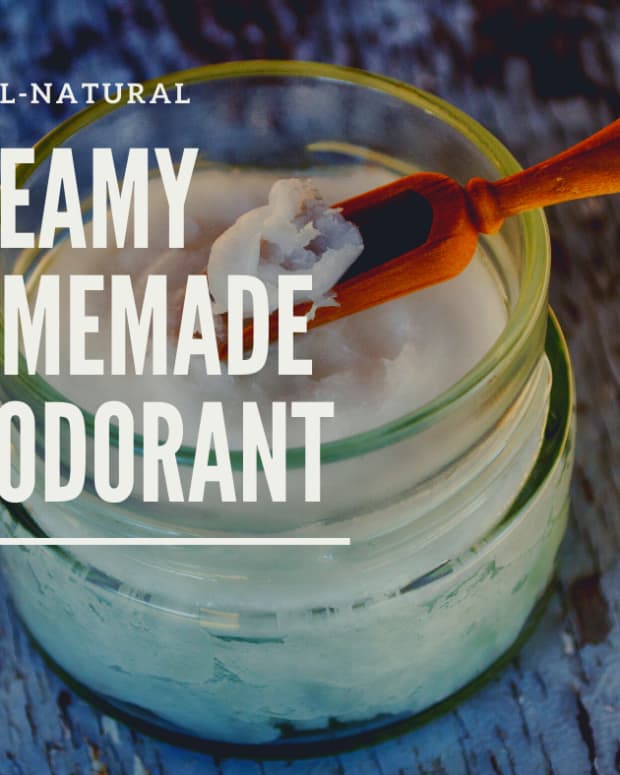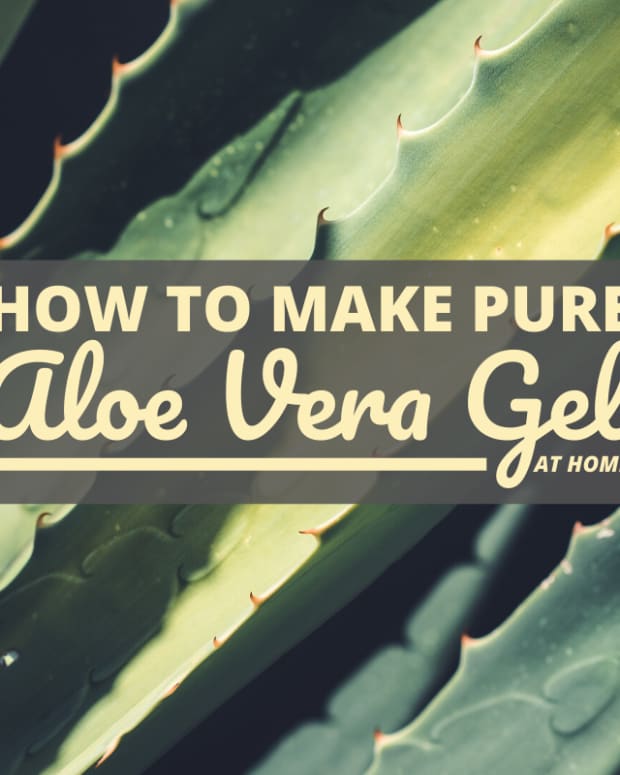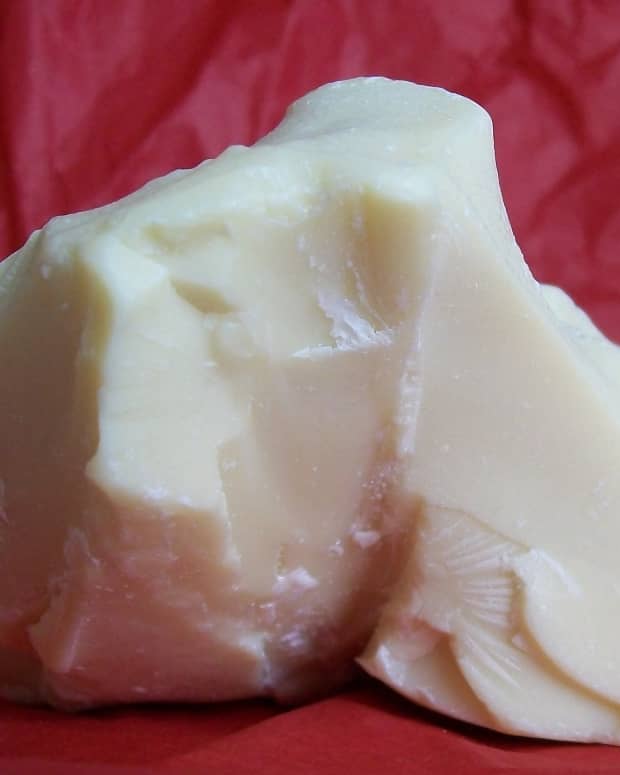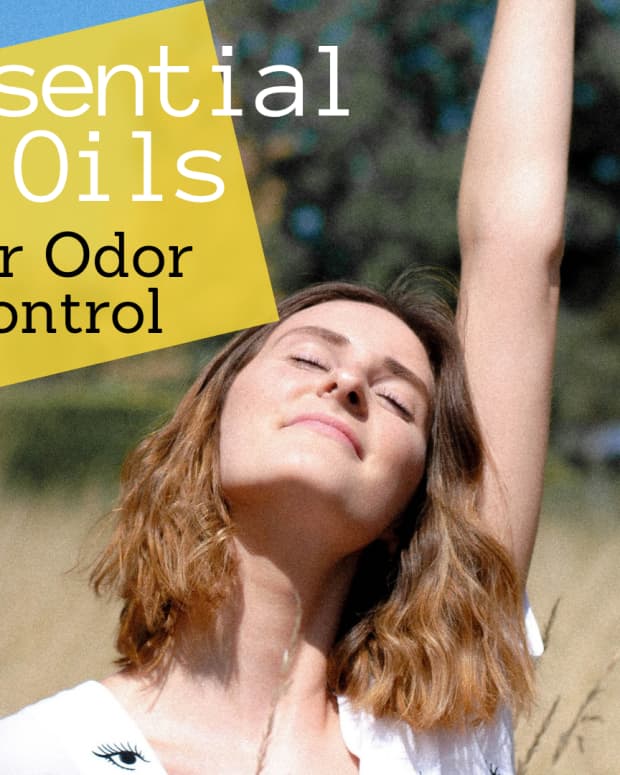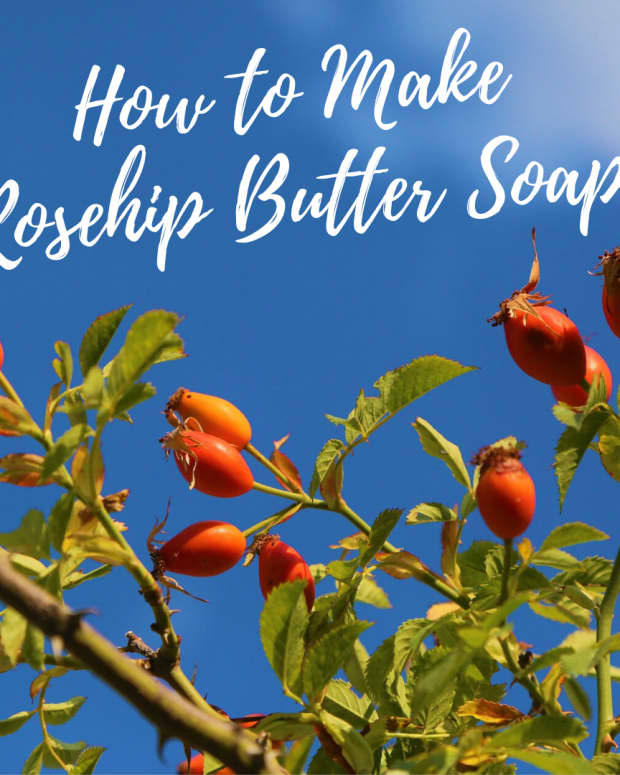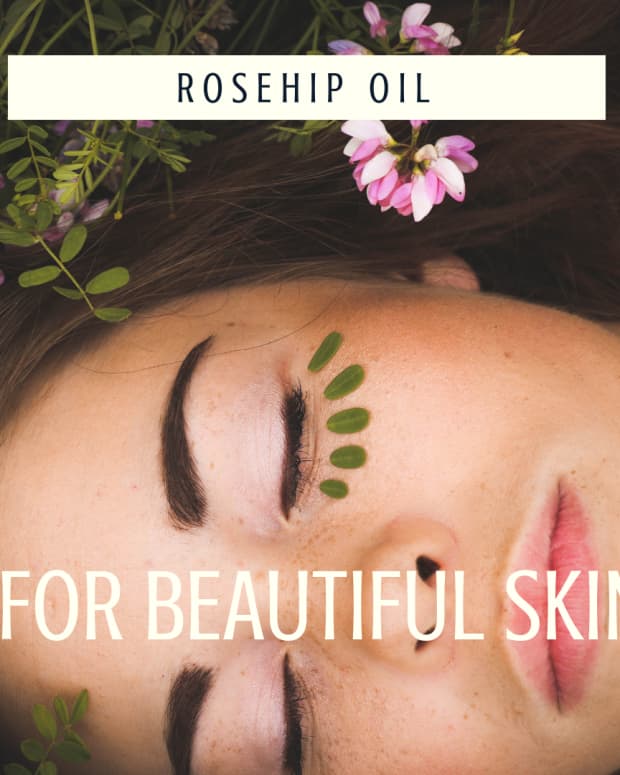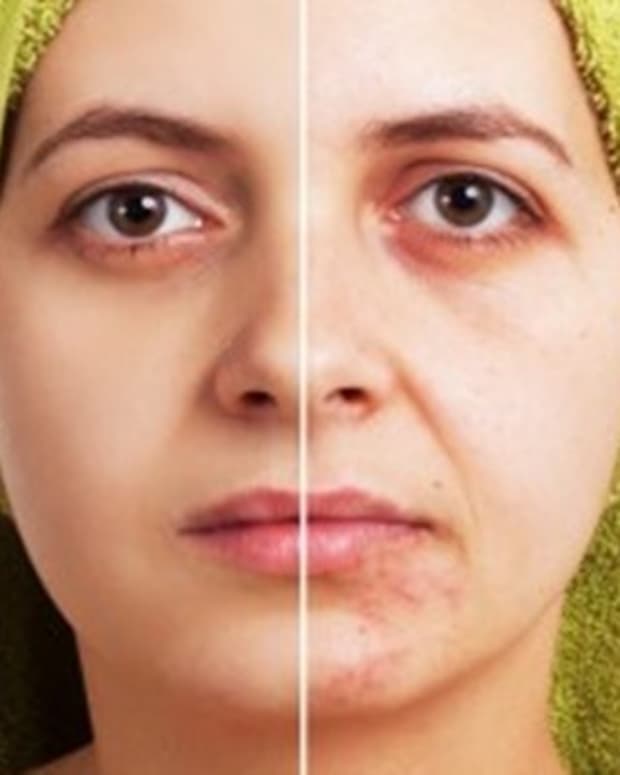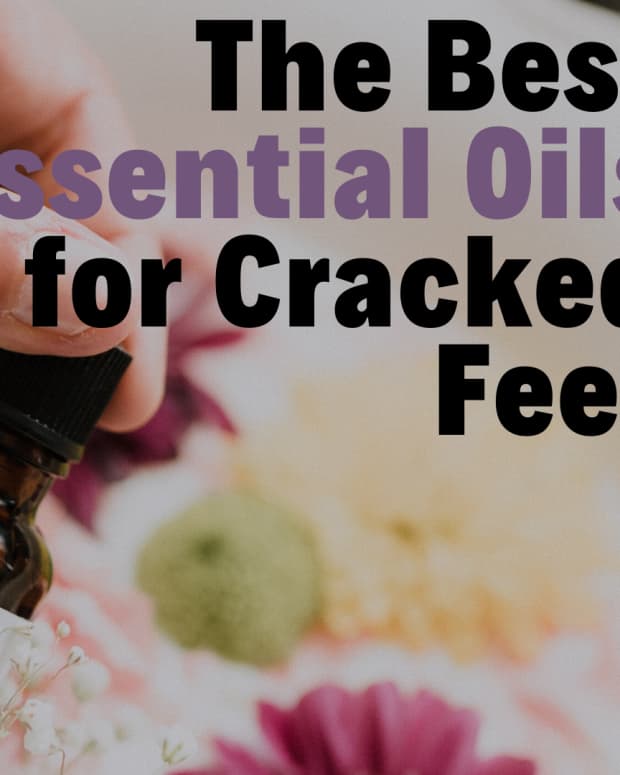How to Make Homemade Whipped Body Butter Using Essential Oils
Taylor loves to come up with quick and easy recipes that are good and good for you.
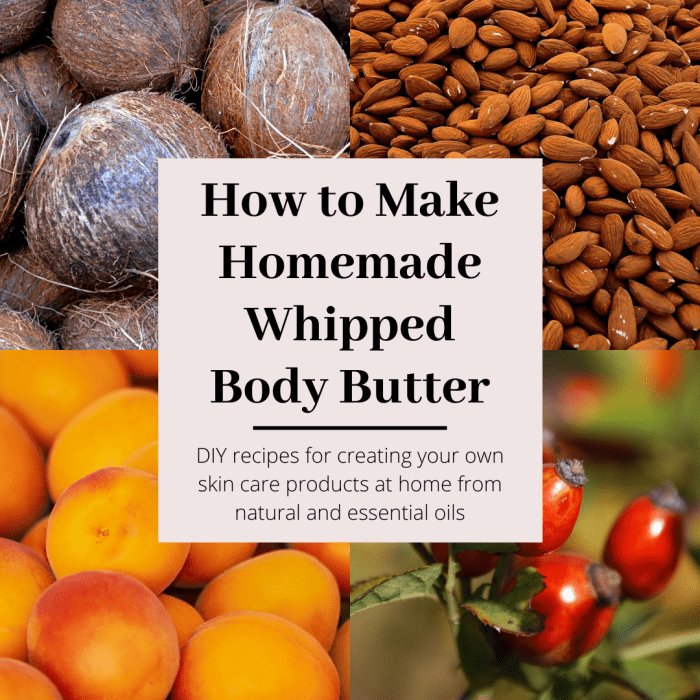
This article will show you how to make your own whipped body butter and provide information on which natural and essential oils might be right for you.
CC0 images, via Pixabay
Who Should Make Their Own Skin Care Products?
For those that suffer from skin ailments or have sensitive skin, making your own skin care products can be a cost effective and surprisingly simple way to give your skin the moisture it needs.
Store-bought skin care products may cause unpleasant side effects for those with sensitive skin, such as irritation or drying of the skin. Making your own skin care products is a great way to tailor the products used on your skin to meet your own specific needs while decreasing the likelihood of unpleasant side effects that can be caused by store-bought products.
An Explanation of Commonly Used Oils
When making your own skin care products, a liquid oil is almost always an ingredient. Liquid oils are very versatile, and you have a few options you can choose from based on your preferences, needs, and budget.
Here are a few of the most commonly used liquid oils in homemade skin care recipes:
- Sweet Almond Oil: This oil contains vitamins A and E, which is great for skin health. It is also very moisturizing, highly versatile, and is an economic choice. These great benefits make this oil one of the most popular to use for homemade skin care recipes. However, it should not be used on those with nut allergies.
- Apricot Kernel Oil: This is also a very moisturizing and versatile oil. The oil is a great alternative to sweet almond oil for those with nut allergies.
- Rosehip Seed Oil: Like sweet almond oil, this oil is also high in vitamins A and E. It is also high in essential fatty acids, making it a great choice to use for those with eczema, or as a treatment for sunburns.
- Safflower Oil: This oil is a great choice for acne-prone skin, since it is great at cleansing and removing dirt. It is also very light, yet lubricating.
- Sunflower Oil: Since it is a light, yet moisturizing oil, sunflower oil is another great choice to use for those with eczema or damaged skin.
How to Make Your Own DIY Body Butter
Here's how to make your own homemade body butter:
Read More From Bellatory
Ingredients
- 1 cup cocoa butter
- 1/2 cup coconut oil
- 1/2 cup liquid carrier oil (see above for examples)
Directions
- Using a double boiler, gently melt cocoa butter and coconut oil until both oils have been liquified.
- Stir in the liquid carrier oil of your choice.
- Allow the mixture to chill in the refrigerator until the mixture begins to firm, but has not turned completely solid. This may take several hours.
- Using a mixer, whip the semi-solid mixture until white peaks form.
- Scoop the whipped body butter into glass jars and allow to chill for an hour in the fridge.
- You can now use your whipped body butter! Be sure to keep your butter in the fridge so it maintains its texture.
The Coconut Oil I Use
Adding Essential Oils to Personalize Your Body Butter
Adding a few drops of certain essential oils is a great way to personalize your body butter to fit specific needs. A few of my favorite essential oils to add are:
- Lavender: This is a great essential oil to add if you are going to use your body butter before bed. Lavender essential oil naturally promotes sleep and calms your mind, making it an excellent choice for bedtime.
- Peppermint or Spearmint: If you often suffer from achy muscles, then adding a few drops of peppermint or spearmint is a great option. Both essential oils have natural muscle-relaxing qualities, making them ideal oils to use to naturally get relief from sore, or aching muscles. For children or those with sensitive skin, spearmint should be used instead of peppermint, as it is much milder. Peppermint may be too cooling and cause discomfort to sensitive skin.
Before using essential oils, be sure to research the quality standards that your chosen company uses. Especially for those with sensitive skin, only essential oils that come from companies that apply rigorous quality testing should be used. My two favorite and most recommended essential oil companies are Doterra and Plant Therapy.
This content is accurate and true to the best of the author’s knowledge and is not meant to substitute for formal and individualized advice from a qualified professional.

